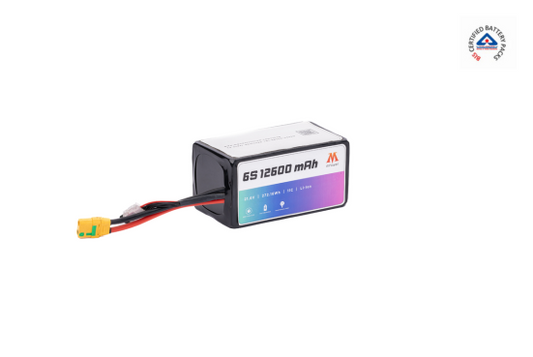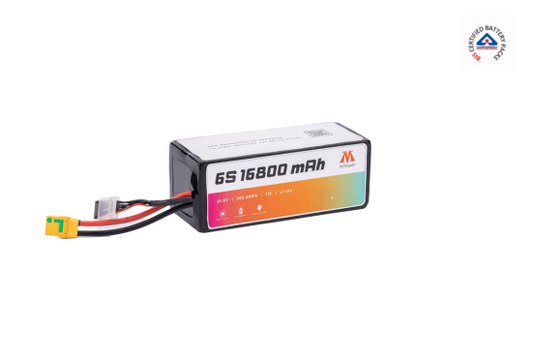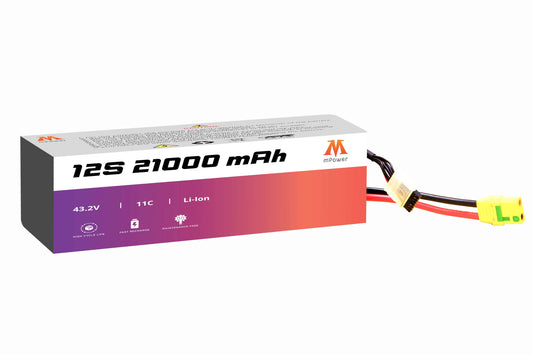
Modern agriculture is undergoing a technological revolution, with innovations such as drones playing a pivotal role in transforming traditional farming practices. Drones, also known as Unmanned Aerial Vehicles (UAVs), offer a wide range of applications in agriculture, including crop monitoring, yield prediction, and pest control. One of the significant contributions of drones in the agricultural sector is the improvement of security and monitoring on farms. This article explores the ways in which drones are revolutionizing farm security, providing efficient monitoring solutions that enhance overall agricultural operations.
Surveillance and Intruder Detection
One of the primary roles of drones in farm security is surveillance and intruder detection. Drones equipped with high-resolution cameras and thermal imaging sensors can patrol large areas of farmland, detecting any unauthorized access or potential security threats.
Drones can cover vast expanses of farmland much more efficiently than traditional surveillance methods, reducing the manpower required for patrolling. The ability to access remote or difficult-to-reach areas enhances the overall effectiveness of farm security measures. In addition, the use of thermal imaging allows drones to identify intruders even in low-light conditions, providing 24/7 monitoring capabilities.
Crop Health Monitoring
Beyond security, drones contribute significantly to the monitoring of crop health, indirectly enhancing farm security by ensuring the overall well-being of agricultural assets. Drones equipped with multispectral or hyperspectral cameras can capture detailed images of crops, identifying early signs of diseases, nutrient deficiencies, or pest infestations.
By regularly surveying the fields from the air, farmers can detect and address potential threats to crop health before they escalate. This proactive approach not only improves yields but also prevents the financial losses associated with damaged crops. Healthy crops contribute to a more secure and sustainable agricultural operation.
Livestock Management
For farms that incorporate livestock, drones provide a valuable tool for managing and monitoring animal herds. Drones equipped with cameras or sensors can help farmers keep track of the location and health of livestock, reducing the risk of theft or loss. This is particularly beneficial in expansive grazing areas where animals may roam over large distances.
Moreover, drones can be employed to identify and address issues such as injured or stranded animals. By providing a bird's-eye view of the entire livestock area, drones empower farmers to make informed decisions regarding herd management, ultimately contributing to the security and well-being of the animals.
Irrigation and Infrastructure Monitoring
Farm security extends beyond the protection of crops and livestock; it also involves safeguarding critical infrastructure such as irrigation systems and equipment. Drones equipped with specialized sensors can assess the condition of irrigation systems, detecting leaks or malfunctions that could lead to water wastage or crop damage.
Furthermore, drones can monitor the overall infrastructure of the farm, including buildings, fences, and equipment. Regular aerial inspections allow farmers to identify potential vulnerabilities or maintenance needs, ensuring that the farm's physical assets are secure and operational.
Fire Detection and Management
In regions prone to wildfires, drones play a crucial role in early fire detection and management. Equipped with thermal imaging cameras and smoke sensors, drones can quickly survey large areas and identify signs of a potential fire. This rapid response capability is essential for preventing the spread of wildfires and protecting both crops and property.
Once a fire is detected, drones can be utilized to assess the situation, provide real-time information to firefighting teams, and even deploy firefighting measures such as targeted water or fire retardant drops. This integrated approach enhances the farm's ability to respond effectively to fire threats, minimizing the impact on crops, livestock, and infrastructure.
Data Analytics for Informed Decision-Making
The data collected by drones during farm monitoring activities is a valuable resource for informed decision-making. Advanced analytics can be applied to the data sets, providing farmers with insights into trends, patterns, and potential risks. This data-driven approach allows for the optimization of security measures based on historical and real-time information.
For example, by analyzing historical data on intruder patterns, farmers can strategically position drones or enhance physical security in specific areas. Similarly, analytics applied to crop health data can help identify recurring issues and guide precision agriculture practices to improve overall farm security.
Choose mPower
For drones to work effectively, a battery is one of the essential components. Longest Lasting Drone Battery is one of the popular rechargeable batteries. We, at mPower, provide the lithium-ion battery and Custom Drone Battery Online.
Conclusion
Drones have emerged as a transformative technology in agriculture, providing farmers with innovative tools to enhance security and monitoring on their farms. From surveillance and intruder detection to crop health monitoring and firefighting support, drones contribute to a holistic approach to farm security. The efficiency, scalability, and data-driven insights offered by drones not only safeguard agricultural assets but also empower farmers to make informed decisions that positively impact overall farm productivity and sustainability. As drone technology continues to advance, its role in farm security will likely expand, further solidifying its position as a valuable asset in the modern agricultural landscape.












